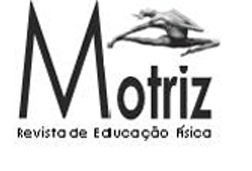The present text relates the study which consisted of a descriptive research with qualitative approach, whose objective was to investigate which dispositions and capitals influence teenagers on the dance practice in the city of Toledo - PR. From a specific clipping, the kinds of capitals which influence social agents for the dance practice and the choice of different modalities was described, relating the senses and meanings that the dancers, as social agents, attribute to dance, and discussing the effect of dance in the incorporation of dispositions and formation of the habitus of those individuals. As methodological-theorical reference, the sociological theory of Pierre Bourdieu was elected, emphasizing the instrumental using of some of his concepts, such as habitus, cultural capital, social capital, economical capital, symbolic capital and field. The sample consisted of sixty-eight individuals between the ages of twelve and seventeen. The instrument of data gathering consists of a questionnaire with open and closed questions. The investigation revealed that the constitution of artistic dispositions for dance and modality choice are influenced by cultural capital, in its three forms (incorporated, institutionalized and aimed). The results show that the agents go through some difficulty in the maintenance of practice, but they incorporate through dance new dispositions, which lead them to organize and mobilize efforts, including family ones, to keep themselves in the "dance universe", as dancers and as appreciators.
Dance; Habitus; Different capitals
